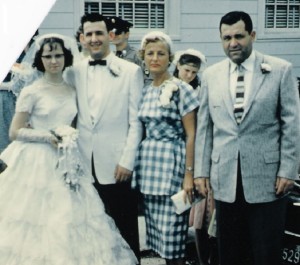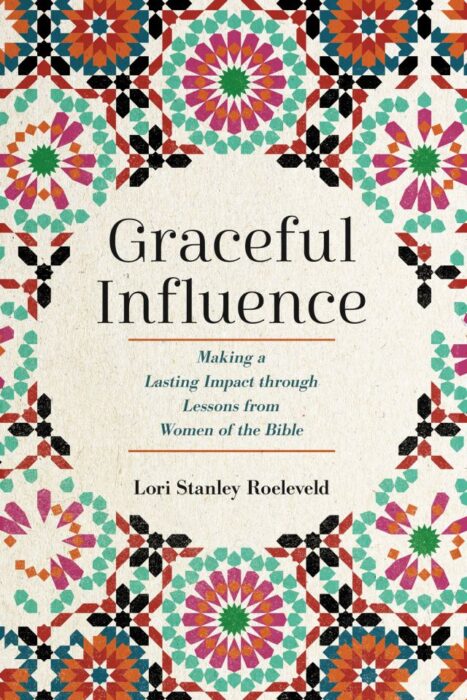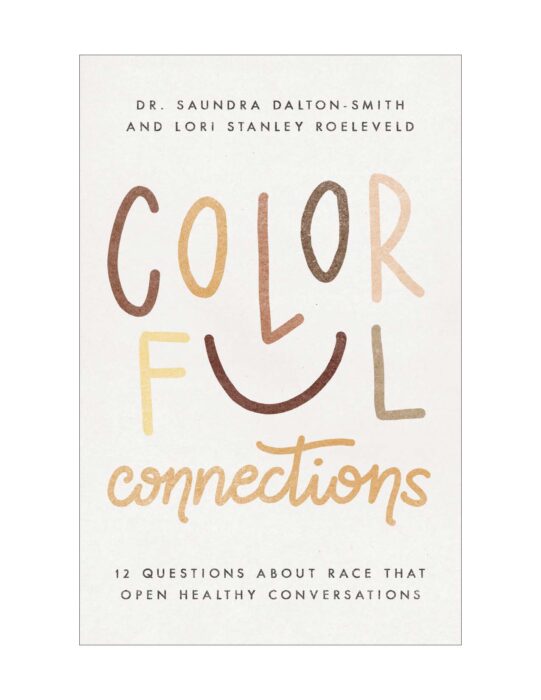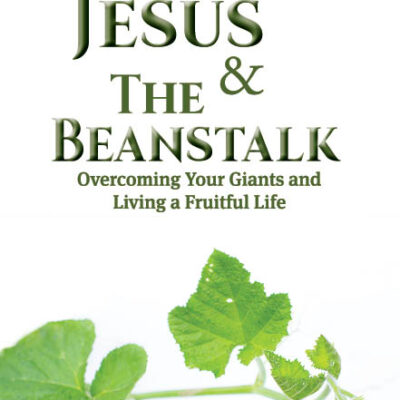Recently, someone remarked that my daughter (who is beautiful) reminded her of my father’s mother.
“Really?” I reacted with surprise. “How can she remind you of Helen?”
“Oh, your grandmother was such a beautiful woman. Don’t you remember? I always thought so.”
Frankly, that’s not what I remember. I’ve heard others remark on my grandmother’s appearance but I only recall a sour, pinch-faced woman always frowning, complaining, or disapproving of something or someone. If she ever did smile, it was a mean smirk as she shared a cruel joke at someone else’s expense. Jokes I never really understood except to know they were hurtful.
“You look nothing like Helen and I hope you never do!” I huffed on the way to our car.
My daughter laughed at my strong reaction to the woman’s comment. “Wasn’t she pretty?”
“Maybe she was but her beauty was marred by her bitterness, anger, and self-pity. I pray you never look like her!”
To be fair, I’m sure others knew a different side of Helen. She enjoyed a long friendly marriage to her second husband who was a kind man. My cousins loved spending time at her home and she doted on my uncle. I’m sure their recollections are warmer than mine.
Plus, I was a weird kid – my nose always buried in a book – usually the Bible and I was fiercely loyal to my parents. Helen was my father’s mother and there was little love lost between them so I’m sure my experience of her was colored by her treatment of my dad.
Still, beauty is a funny thing.
We spend a lot of time thinking about it in our culture. People magazine has just come out with their popular issue listing the world’s most beautiful people. We spend hours watching movies, newscasts and television shows cast solely with attractive actors and anchors. Both of my children are attractive and I’m frankly amazed (and often worried) at the attention it draws.
Americans pour billions of dollars yearly into industries that promise to enhance our beauty. Beauty is currency in our culture. From fairy tales to feature films, we KNOW that the beautiful characters are good and that the homely characters are evil. It’s a lesson we’ve injected like Botox under the skin of society.
Old fairy tales were often written by people who were Biblically literate. They knew that virtues like goodness, kindness, and grace would show through on a person’s countenance and that an ugly spirit would have an ugly effect on the face. But modern readers don’t look beneath the surface. We simply embrace the false notion that physical beauty is the whole story.
Sadly, when it comes to beauty, we are more likely to trust the world than the Bible.
The writer of Proverbs says this, “Charm is deceptive, and beauty is fleeting; but a woman who fears the LORD is to be praised.” Proverbs 31:30
The apostle Peter instructed wives this way: “Your beauty should not come from outward adornment, such as elaborate hairstyles and the wearing of gold jewelry or fine clothes. Rather, it should be that of your inner self, the unfading beauty of a gentle and quiet spirit, which is of great worth in God’s sight.” I Peter 3:3-4
Inner beauty. God is always urging us deeper. Woven into the fabric of the Biblical story are constant warnings against surface judgments.
Did you know that Satan, an angel created by God who tried to rival God, is beautiful?
Ezekiel 28 describes him “‘This is what the Sovereign LORD says: “‘You were the seal of perfection, full of wisdom and perfect in beauty.” Ezekiel 28:12b But his beauty was corrupted “Your heart became proud on account of your beauty, and you corrupted your wisdom because of your splendor. So I threw you to the earth; I made a spectacle of you before kings.” Ezekiel 28:17
Would it be any wonder that as our culture moves further from God, we make an ultimate idol of beauty. Surely, the prince of the air is also reflected in what we find on the airwaves.
When Jesus sent His Son to walk amongst us, He did not choose for Him physical beauty. Isaiah 53 describes the Messiah this way, “ He grew up before him like a tender shoot, and like a root out of dry ground. He had no beauty or majesty to attract us to him, nothing in his appearance that we should desire him. He was despised and rejected by mankind, a man of suffering, and familiar with pain.
Like one from whom people hide their faces he was despised, and we held him in low esteem.”
Funny how easily we miss what is right before our eyes and how easily we are dazzled by that which is only veneer.
God does not make this mistake. “ But the LORD said to Samuel, “Do not consider his appearance or his height, for I have rejected him. The LORD does not look at the things people look at. People look at the outward appearance, but the LORD looks at the heart.” I Samuel 16:7
The longer we live, the more our character writes its truth on our faces, a truth not even surgery can hide. As we age, inner beauty rises, inspiring a true lifting of the face while inner ugliness weights our appearance with bags of bitterness, wrinkles of self-pity and dark circles of pain.
Hours spent at the gym and the salon will never hold a candle to hours spent on our knees or in loving service to others for the maintenance of true and lasting beauty – a beauty that never fades. A beauty that will be the stuff of stories told until the end of time when fairy tales are long forgotten and we live, at last, in the land we’ve only glimpsed in our hearts and have become the people we dreamed we could see in the faulted mirrors of this world.
Are you cultivating a beauty that will never fade? Set your eyes on Jesus. That will lift your face.
This is Helen and her husband, Len, standing beside my father and mother at their wedding. That is the MOST pleasant expression I ever recall seeing on her face. (My parents are the beautiful ones, still are.)













The Conversation
I enjoyed this post! I completely agree with your opinion about inner and outer beauty.
True, true, true! Sigh…ah to the women of inner beauty. We are a culture that dotes on outer beauty, ignoring the truth that it is the innter beauty that makes the person. Thank you, Lori.